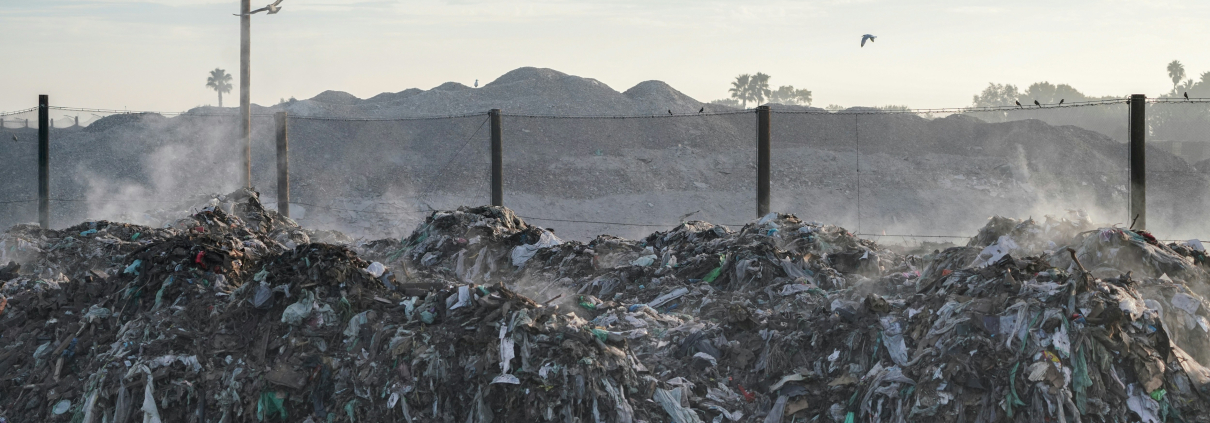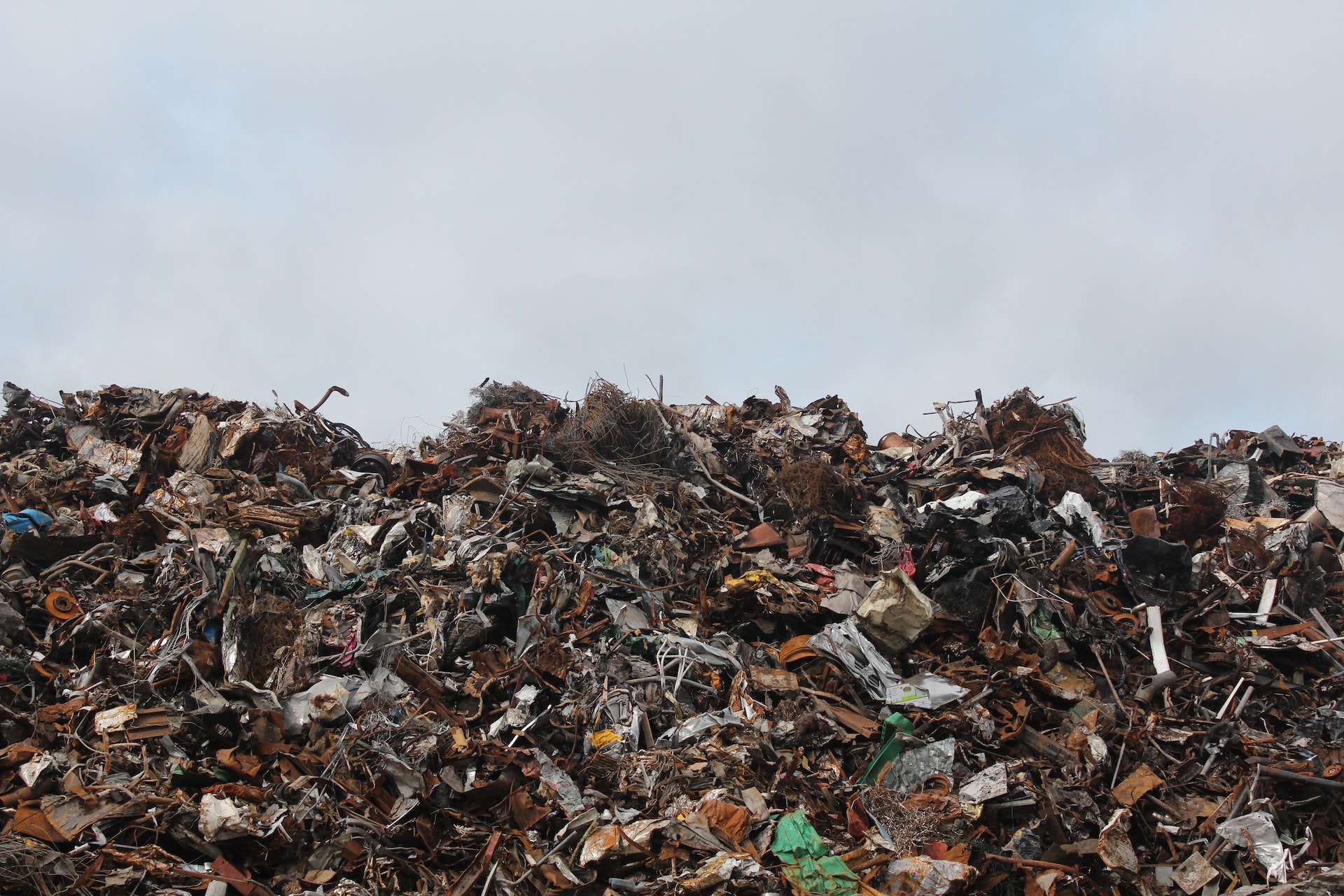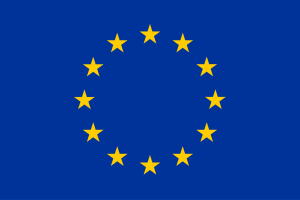Environmental Crime Directive enacted into law
The European Union recognises environmental crime as a significant global issue requiring serious attention. According to reports from Interpol and the UN Environment Programme, it ranks as the fourth largest criminal business worldwide, following drug trafficking, arms trafficking, and human trafficking. Its value is estimated to increase by 5% to 7% annually, reaching up to $258 billion per year for criminals, as reported by the EU agency Eurojust in 2021.
Nonetheless, despite this alarming growth, the EU has seen limited advancement in cross-border investigations and convictions. In the last years, both European and national criminal justice systems have struggled to keep up with the escalating magnitude of environmental offences. Current EU and national laws have proven insufficient in deterring environmental offenders as crimes continue to escalate, with limited sanctions in place. Notably, offences such as illegal fishing, agro-industrial pollution, illegal hunting, and carbon market fraud have persisted, often going unpunished due to gaps in existing legislation.
Against this backdrop, on 26th March, the Council of the European Union finally adopted the long-awaited “Directive on the protection of the environment through criminal law”. The law establishes EU-wide minimum rules on the definition of criminal offences and increases the penalties for those who commit them. The law replaces the previous Directive 2008/99/EC, which dates back to 2008, and will certainly improve the investigation and prosecution of environmental crime offences. Member states will now have two years to enshrine it in national law.
Environmental crimes are now considered ecocide
The European Union has marked a significant milestone through a piece of legislation criminalising the most severe instances of environmental harm and making them “comparable to ecocide”. While the directive does not explicitly mention ecocide, proponents argue that it effectively criminalises such acts, as evidenced by its reference to cases comparable to ecocide in the preamble. Ecocide, defined as unlawful acts causing substantial and severe damage to the environment, has been a subject of international debate, with calls for its inclusion as the fifth international crime.
Expanded list of offences
The scope of criminal offences will expand significantly, with the number of qualifying conducts rising from nine to 20. Newly recognised offences encompass activities such as timber trafficking, unlawful recycling of pollutants from ships, and severe violations of chemical legislation.
Furthermore, the legislation introduces a “qualified offence” provision, triggered when an offence outlined in the directive is committed deliberately and results in environmental destruction or irreversible, long-term damage.
Penalties and sanctions
Now, individuals, including CEOs and board members, could face prison sentences of up to eight years, extending to 10 if their actions result in fatalities. Importantly, the directive eliminates the possibility of relying on the “permit defence clause”, which allowed under the previous directive to shield enterprises from legal repercussions in case of adherence to permit conditions, leading to numerous instances of serious environmental pollution going unpunished. Now, the new law holds individuals accountable for actions causing irreversible harm to health and nature, regardless of permit compliance.
Still, much is to be done
Member states are granted a two-year period to integrate the revised directive into national legislation. They will have discretion in determining fines for companies, with options ranging from a percentage of turnover to fixed fines. Additionally, the directive’s applicability to offences committed outside EU borders by EU companies remains under discussion.
While the directive represents a significant step forward, its effectiveness hinges on the implementation and enforcement mechanisms adopted by member states. Furthermore, ongoing negotiations at the Council of Europe regarding the revision of the Convention on the Protection of the Environment through Criminal Law could further shape the landscape of environmental justice beyond EU borders.
Read more on about the revised environmental crime directive on the Council of the European Union’s website where the directive’s text can also be found.
Why is this relevant for the EMERITUS project?
Needless to say, the new directive shows how closely is the EMERITUS project aligned with the EU political agenda. As EMERITUS aims to develop innovative technological solutions and implement efficient investigation protocols, these legal advancements serve as a cornerstone, bolstering the European Union’s dedication to combating environmental crimes comprehensively. Moreover, Member States will be responsible for organising specialised training, collecting data on environmental offences and putting in place national strategies to combat environmental crime – all activities actively pursued by the EMERITUS project.





